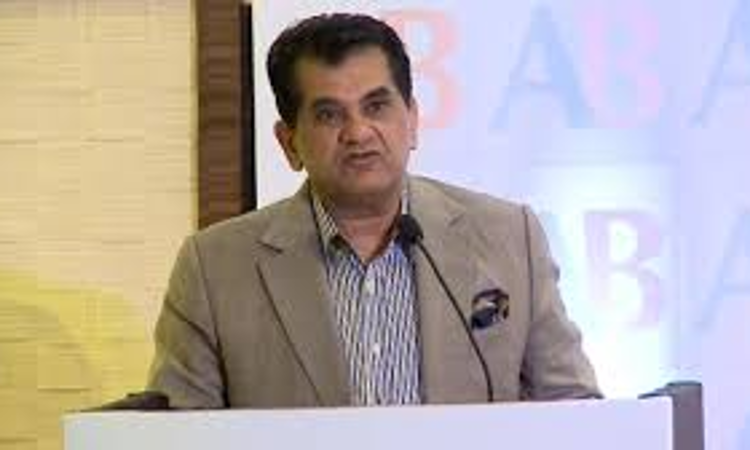The Indian Dispute Resolution Centre conducted a webinar on the topic "Online Dispute Resolution: Opportunities and Challenges". The keynote address was delivered by CEO of NITI Aayog Amitabh Kant. The webinar also saw the participation of Richard Wilmot-Smith, QC, Barrister-Arbitrator and Head of 39, Essex Chambers, Shobana Iyer, Barrister-Arbitrator, Swan Chambers, and Tanmaya...

